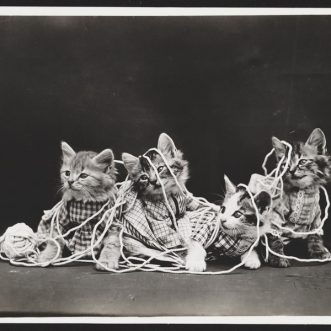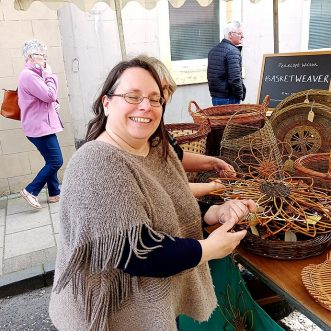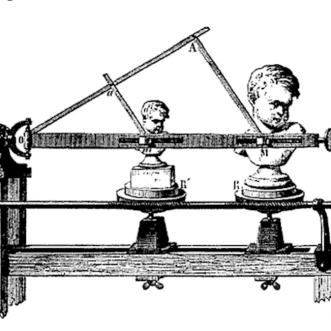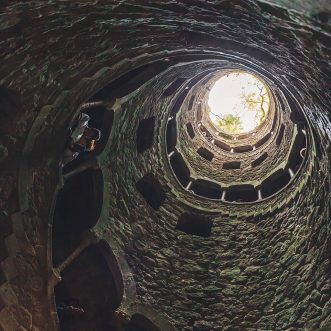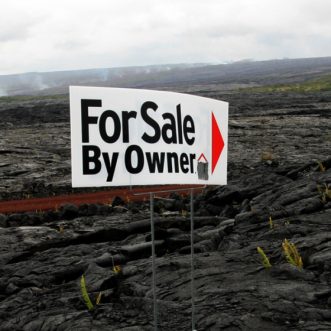
Machines
“Prompt: “short, scrawny figure; hunched shoulders; weak, sagging jawline; thin, greasy hair; unkempt, unruly style; dull, lifeless eyes; lack of intelligence, confidence; wrinkled, sallow skin; excessive stubble; crooked, hooked nose; thin, pursed lips; flabby, untoned body; undefined, flabby muscles; exudes weakness, insecurity, unattractiveness; epitome of masculine ugliness; timid, self-doubting; air of nervousness, insecurity; truly a sight to avoid; unimpressive” via Midjourney v4, prompt generated by chatGPT after requesting description of the opposite of a perfect man“. Cameron Butler
“If the necessary reasonable work be of a mechanical kind, I must be helped to it by a machine, not to cheapen my labour, but so that as little time as possible may be spent on it. It is the allowing machines to be our masters and not our servants that so injures the beauty of life nowadays.” William Morris
